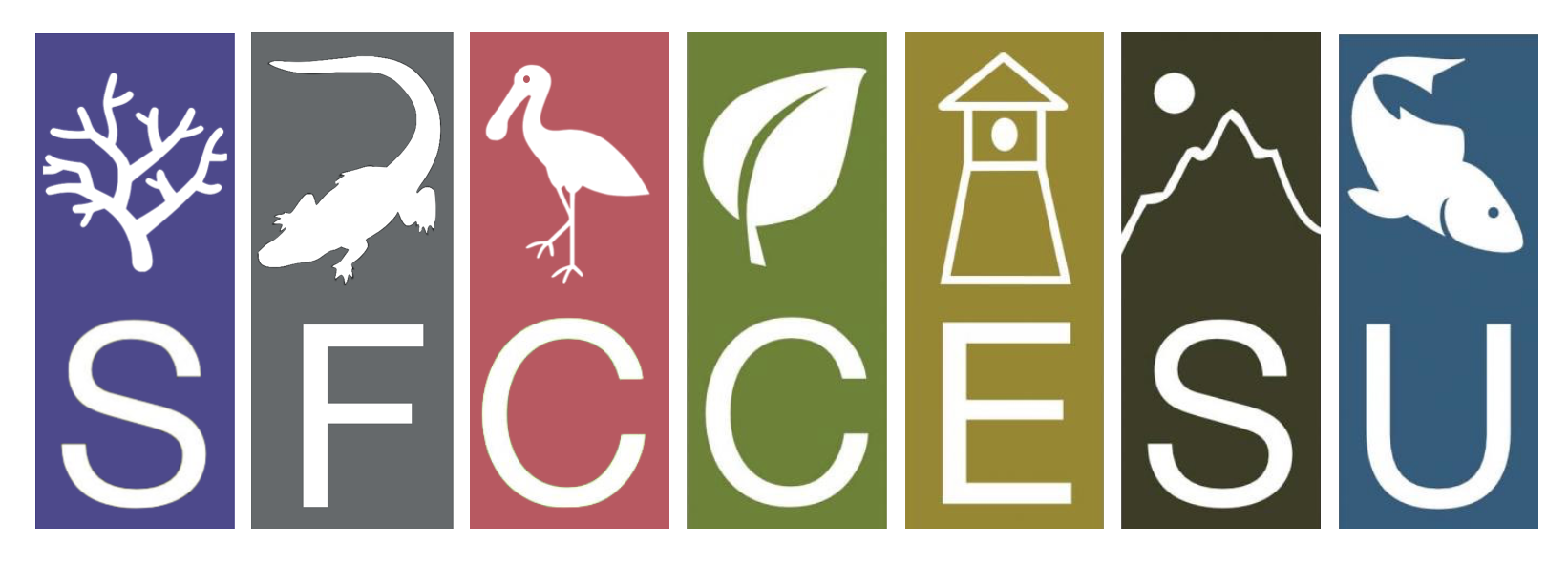General Information
*Funding Opportunity No: W912HZ-16-SOI-0007
Funding Agency: US Army Core of Engineers
Funding Amount: Approximately $80,000
Period of Performance: This project is anticipated to last five (5) years.
Project to be Initiated in: 2016
Opportunity Description
Background: The Greater Everglades is the only place in the world where both alligators and crocodiles occur. Crocodilians (American alligator [Alligator mississippiensis] and the American crocodile [Crocodylus acutus]) are good ecosystem indicators of restoration success of a healthy ecosystem, because at all life stages, crocodilians integrate biological impacts of hydrologic conditions (Mazzotti and Brandt 1994, Rice et al. 2005, Mazzotti 1999, Mazzotti and Cherkiss 2003, Mazzotti et al. 2009).
Research has linked three key aspects of Everglades’ ecology to crocodilians:
(1) Top predators such as crocodilians are directly dependent on prey density, especially aquatic and semi-aquatic organisms, and thus they provide a surrogate for status of many other species.
(2) Drier (nests) and wetter (trails and holes) conditions created by ecosystem engineers like alligators provide habitat for plants and animals that otherwise would not be able to survive. This increases diversity and productivity of Everglades marshes (Kushlan and Kushlan 1980, Palmer and Mazzotti 2004) and, therefore, alligator monitoring can indicate overall health of the marsh.
(3) The distribution and abundance of crocodilians in estuaries is directly dependent on timing, amount, and location of freshwater flow (Dunson and Mazzotti 1989, Mazzotti and Dunson 1989); crocodiles and alligators exhibit an immediate response to changes in freshwater inputs into the estuaries. Regionally, lack of fresh water due to saltwater intrusion has been correlated with lower growth and survival of crocodiles (Moler 1992, Mazzotti and Cherkiss 2003, Mazzotti et al. 2007).
Eligibility Information
Vendor must be a non-federal partner of the South Florida Caribbean CESU Unit willing to accept the negotiated CESU indirect cost rate of 17.5%. Successful applicants should have expert knowledge with related work experience in measuring ecosystem indicators, relating ecosystem indicators to ecological conditions, and synthesizing information for decision making. Candidates should have demonstrated expertise in monitoring crocodilians, managing complex datasets, and maintaining long-term studies. Applicants should have a working knowledge of Corps planning approaches and be familiar with other federal agency approaches to measuring ecosystem indicators. Candidates will be required to submit annual reports and a final report prior to the end of the funded period.
Application Process
See attachment for application information and further details.
